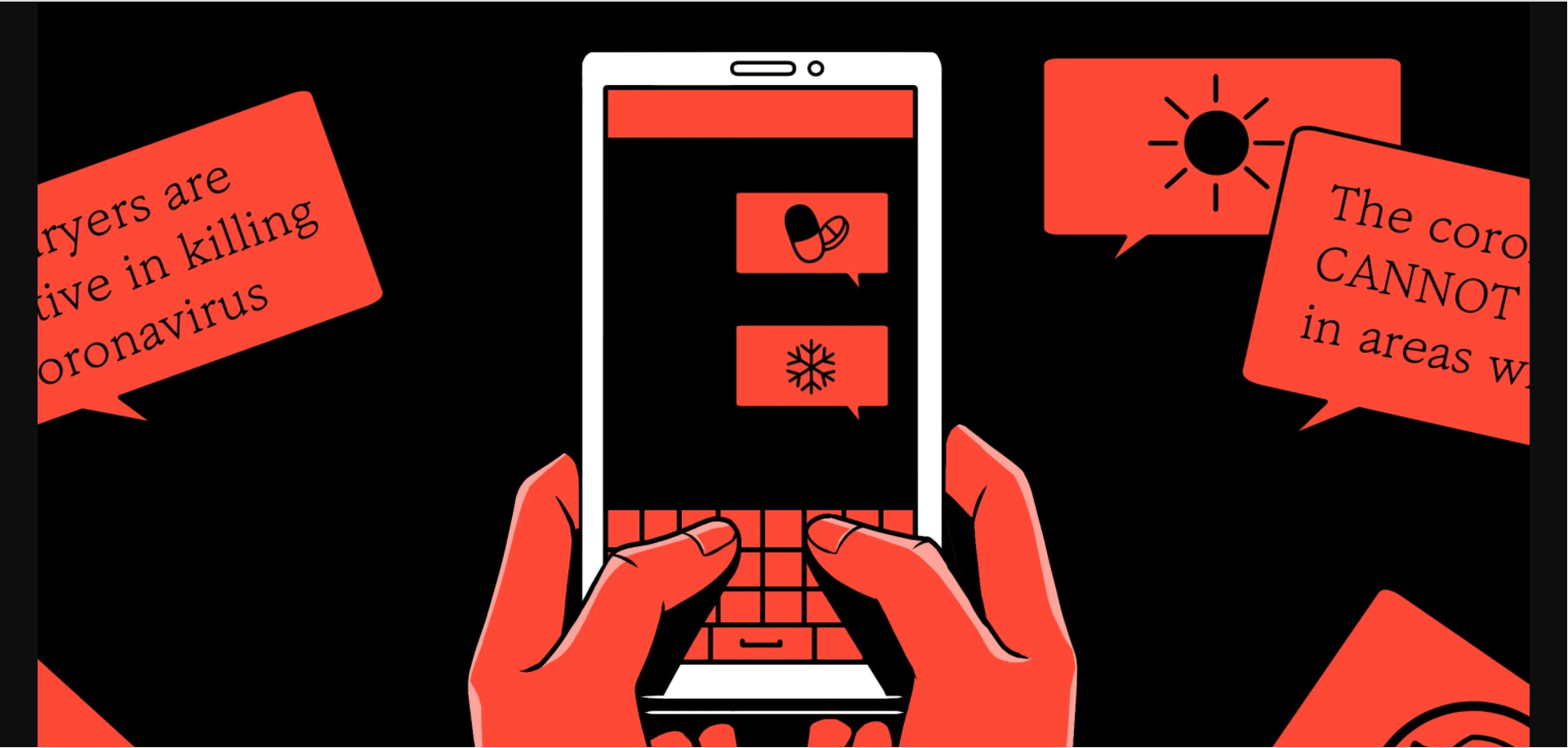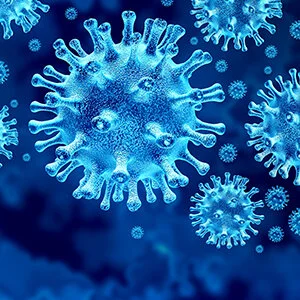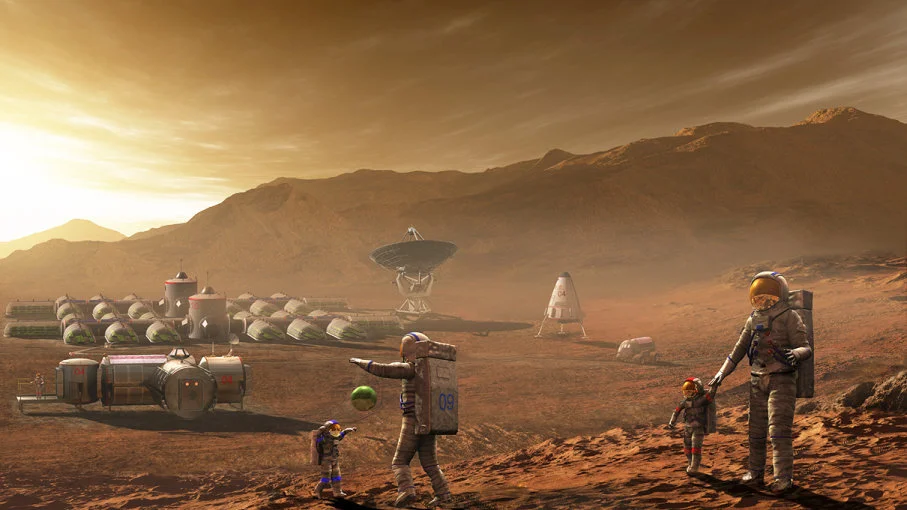Science is interesting but messy. It has flaws and limitations, but it remains our most effective tool to understand the natural world. Contrary to what many may think, science does not “prove” [1] anything and it does not lead to an “objective truth”. Science is the process by which scientists collect data through observational and experimental evidence to explain a particular phenomenon…
Read MoreIn a world where sharing information is rampant, pseudoscientific claims have become a public health threat. This is further reinforced by algorithms and filter bubbles that personalize the user’s feed by detecting what has been shared or liked in the past. This might not be a problem for those trained in the sciences where skepticism, logical reasoning, and critical thinking skills are often applied, inoculating them against pseudoscientific advice that lacks any evidence of effectiveness. For others, these filters trap the user in a knowledge bubble and…
Read MoreSkepticism is derived from the word skepsis, which means inquiry, examination, or investigation of a perception. More specifically, scientific skepticism refers to a method of systematic doubt used to objectively examine a premise, usually on the basis of empirical evidence, wherever possible. It is about cultivating critical habits of mind to weigh evidence. Scientific skepticism is a balance between being open to new ideas and being skeptical of claims that lack supporting evidence.
Holding skeptical views about science in the media and the accuracy of claims is central to…
Read MoreScience, at a fundamental level, can be distilled into a series of paradigms, or sets of concepts and practices that define a scientific discipline at a particular period of time [1]. These paradigms are defined by the sum total of available scientific evidence.
Paradigms have guided scientific discovery for centuries. For example, the geocentric model of the universe, which posited that the Earth was the astronomical body that all other planets rotated about, held for more than 1,500 years. The miasma theory, which suggested that disease was caused by “bad air,” prevailed from the days of the ancient Chinese through the late 19th century.
These paradigms were shattered by the work of…
Read MoreVaccinations are arguably the greatest medical technology ever created. From the eradication of smallpox to the prevention of certain types of cancers, the success of vaccines is indisputable. The recent COVID-19 vaccines are no less impressive than their numerous predecessors. The leaders in effectiveness are the dual-dose Moderna and Pfizer vaccines, which achieve about 95% effectiveness after two doses, while the single-dose Johnson & Johnson vaccine has a 72% overall efficacy with an 86% efficacy against severe disease. While no vaccine offers 100% protection, they are all recommended to…
Read MoreOver the last two decades, Americans have become more distrustful of traditional media sources. Pejorative terms like “fake news” and “mainstream media” have become particularly common among Americans in the last few years as a way to express frustration with how traditional institutions are reporting the news. Still, two out of three Americans say that the news is very important in holding political leaders accountable. What’s behind the drop in trust and what can…
Read MoreIn part I, we discussed the concept of knowledge and introduced the Justified True Belief theory as a possible framework for establishing how it is that we might be able to say that we know anything at all. We also introduced the notion that science doesn't actually ever prove anything. That is, due to the philosophical structure of science, we never can be absolutely certain about any of the knowledge attained through it. This may appear problematic, but it is the…
Read MoreHave you ever gotten into a debate over a scientific topic with someone? For example, Big Bang Theory or Evolutionary Theory? If you have, maybe it went something like this, “We know the Big Bang happened because we have evidence of space expanding via Hubble’s Law, and the Cosmic Microwave Background suggests that at one time everything was condensed into a very small volume before rapid expansion.” In my experience, the people I debate respond by either questioning the…
Read MoreThe COVID-19 pandemic continues to rage throughout the world including the United States which averaged 243,503 cases and 3119 deaths over the last seven days [1]. The surge in post-holiday cases has pushed hospitals past capacity. As of January 10th, there are 128,710 active COVID-19 hospitalizations [2]. 35% of intensive care units are 90% or more occupied [3]. The overwhelming number of hospitalizations has caused staff and equipment shortages and fundamentally altered the way that we deliver care. These shortages will…
Read MoreIt is certainly interesting times that we find ourselves in. Fake news, pervasive science denial, a new conspiracy theory seemingly every week, tens of thousands of unnecessary deaths from the pandemic that could have been easily avoided by acknowledging the recommendations coming from the scientific community, and many more examples. Society is swimming in false information that is literally costing people their lives at this point and driving us apart through polarization [1]. But what can we do? Quite a bit actually…
Read MoreAt the outset of the COVID-19 pandemic, both the World Health Organization (WHO) and the Centers for Disease Control and Prevention (CDC) did not recommend wearing masks to prevent the spread of the SARS-CoV-2 virus. As the pandemic has raged on, however, these organizations now recommend the opposite. As a result, an increasing number of cities and states within the United States require the use of a mask when in public settings. The shifting guidelines by…
Read MoreEstablishing the credibility of information and claims in today’s information-dense world can be challenging. How do you know that information and claims you hear about are worth trusting as accurate? How do you avoid mistakes in your own thinking when deciding if something is true or when deciding on a particular course of action? Critical thinking is a method for…
Read MoreIn May, the United States began relaxing restrictions that were put into place to prevent the transmission of SARS-CoV-2. Although federal guidelines for the reopening process were published, states have created and implemented individual plans for reopening. The result has been an unmitigated disaster. While certain states, including former hotspots such as New Jersey, New York, and Illinois have managed to “flatten the curve,” the majority of other states, including Florida, Texas, California, Arizona, and others, have seen record numbers of new cases of COVID-19 [1]. The United States, as a whole, is…
Read MoreWhether you believe that COVID-19-related estimates, specifically infections and deaths, are over- or under-reported depends almost entirely on where you get your news. This is an unfortunate result of these sources having diverging motives. Some aim to inform the public while others are advancing their own agendas. Discerning which is which can prove difficult, especially because many of the arguments made by nefarious individuals and organizations are…
Read MoreCoronavirus, COVID19, or SARS-CoV-2 are all names that you've heard for the novel virus that was first identified in Wuhan China in 2019 and that's currently severely disrupting our way of life throughout the world. This is the same virus that has overwhelmed the healthcare systems of various countries, has been called a “hoax” by certain world leaders, has led to social-distancing practices implemented throughout the world, and forced us to…
Read MoreThe technological revolution, with its explosion of data and far reaching accessibility, has forever changed the way humanity consumes information. Whereas once upon a time, before the days of the World Wide Web, information (along with accessibility) was limited; those days are now long gone. Today, humanity is constantly barraged with digital information. Whether it is the overwhelming surplus of questionable content or clickbait that serves no other purpose than driving traffic for the sake of sales, there’s….
Read MoreMy first cell phone, back in the early 2000’s, was a Nokia 1100. The extent of its capabilities were basic calling, basic text messaging, and surviving high velocity impacts into hard surfaces. Despite 3G networks being commercially available two years before the Nokia 1100’s release in 2003, the phone operated solely within the 2G network. But what do these 2G, 3G, 5G networks mean, anyway? Do we just add a new digit every couple of years when the networks get better? Why are people worried about….
Read MorePerhaps since the dawn of the human race, people have looked to the stars and theorized colonizing our moon and other planets. The rapid technological advancements of recent decades, especially as it relates to space travel, have begun to make this interstellar proposition a genuine possibility in the not so distant future. Considering the rapid decline of our current planet due to climate change, among other serious concerns, many people are…
Read More

















